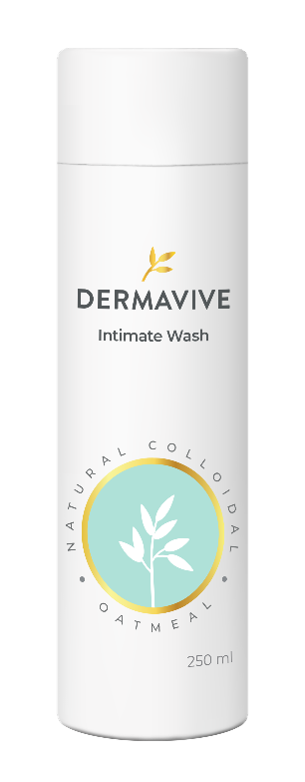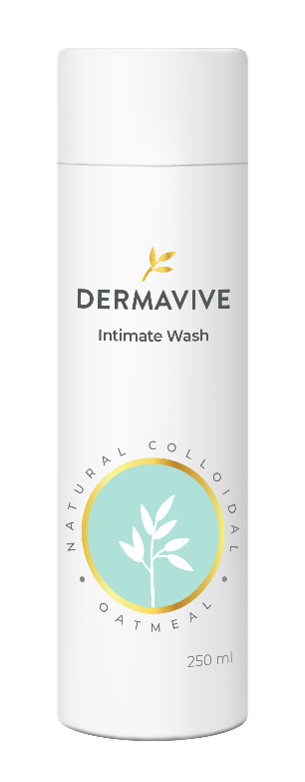Vulval Dermatitis (also known as Vaginal Dryness) is an inflammatory condition causing irritation of the skin on or around the vulva. Vulval dermatitis is characterised by intense vulval itching and swelling, burning on urination and painful intercourse.
There are two types of vulval dermatitis, irritative and allergic. The local conditions of heat, wetness and friction modify the ‘text-book’ signs of skin disease when it occurs on the vulva. These conditions also make these skin signs much subtler. This is why many doctors may think your vulval skin looks ‘normal’, when in fact there may be a subtle (but still significant) rash on it.
Vulval dermatitis is frequently mistaken for candidiasis (thrush), resulting in women often self-treating repeatedly with anti-fungals, which are ineffective against dermatitis. Vulval dermatitis is usually associated with a thin but offensive discharge and not the thick “cottage cheese” discharge associated with thrush. It is possible for dermatitis and thrush to occur at the same time. Often the same anti-fungal creams used to treat thrush cause dermatitis on the vulva. Medical examination and vaginal swabs can determine the diagnosis.
-
Treatments
Treatment must continue daily for at least one month. Some serious cases may take several months to resolve. The wetness and warmth of vulval skin means that it is very hard to reduce any inflammation. It takes much longer to treat dermatitis in this area than it would on, for example, your hand. One 'day off' from the treatment may cancel out the gains you have previously made.
-
Advice
Treatment must cover both environmental factors and medicinal factors
ENVIRONMENTAL TREATMENT
Cease any activities or rountines, however 'harmless' they may appear, that may be irritating your vulva. Try the following
- No soap, bubble bath or essential oils. Instead, use a soap substitute from your pharmacist, which must be 100% free from soap and perfume. Plain water is also a perfectly satisfactory cleanser.
- Try not to rub and scratch. Pat dry or even air dry after showering.
- Use toilet paper without perfume or colouring.
- No pantihose, g-strings or tight trousers.
- Use tampons instead of sanitary pads and no party-liners in between periods.
- No talcum powder, vaginal deodorants or perfume.Don't douche - it will ruin the natural balance of your vagina and vulva.
- Before commencing sex, protect your vulva skin with a thin coating of petroleum jelly, vegetable oil or glycerine. (Do not use petrolleum jelly or oil if you use condoms as they can cause breakage)
MEDICATIONS
Medications will only be effective if used on conjunction with the 'environmental' recommendations. However, most women require a moisturiser and a steroid preparation to achieve adequate control of their dermatitis symptoms.
Moisturisers - The safest moisturiser is petroleum jelly. Use a thin smear any time your vulval skin feels uncomfortable.
Steroid ointments - most steroids can be obtained only on prescription. However, most patients only need a very low-dose type called 1% hydrocortisone ointment. This is available without a prescription (1% hydrocortisone also comes as a cream, but the cream form may give some people allergies.) Put a thin film of this ointment onto every area that feels inflamed. Do this 2 or 3 times a day. Don't be afraid to apply it all the way into the entrance of the vagina, as this is actually still part of the vulval skin, and is almost always involved in Vulval dermatitis.
Treatment must continue daily for atleast one month. Some serious cases may take several months to resolve. The wetness and warmth of vulval skin means that it is very hard to reduce any inflammation. It takes much longer to treat dermatitis in this area than it would on, for example, your hand. One 'day off' from the treatment may cancel out the gains you have previously made.
Still need more advice? Contact us on the form below and we will get back to you.
Dermavive
Intimate Wash 250ml
Share




